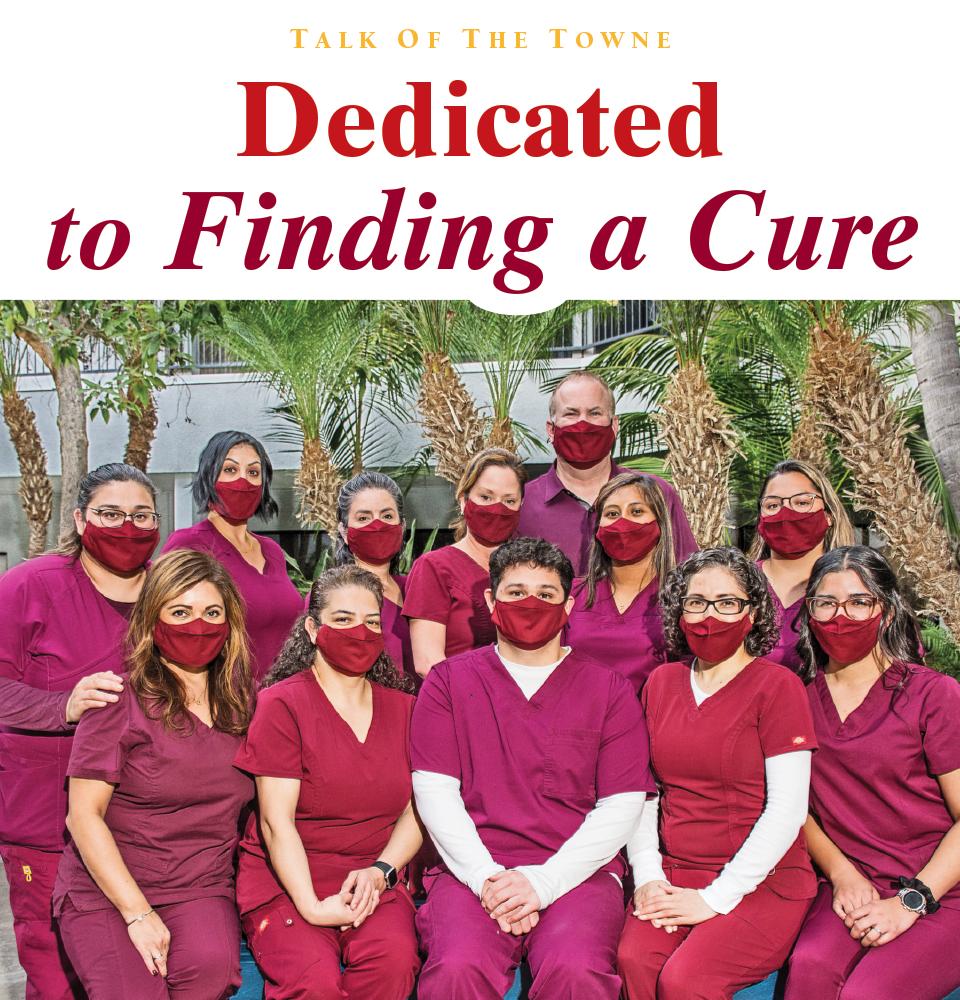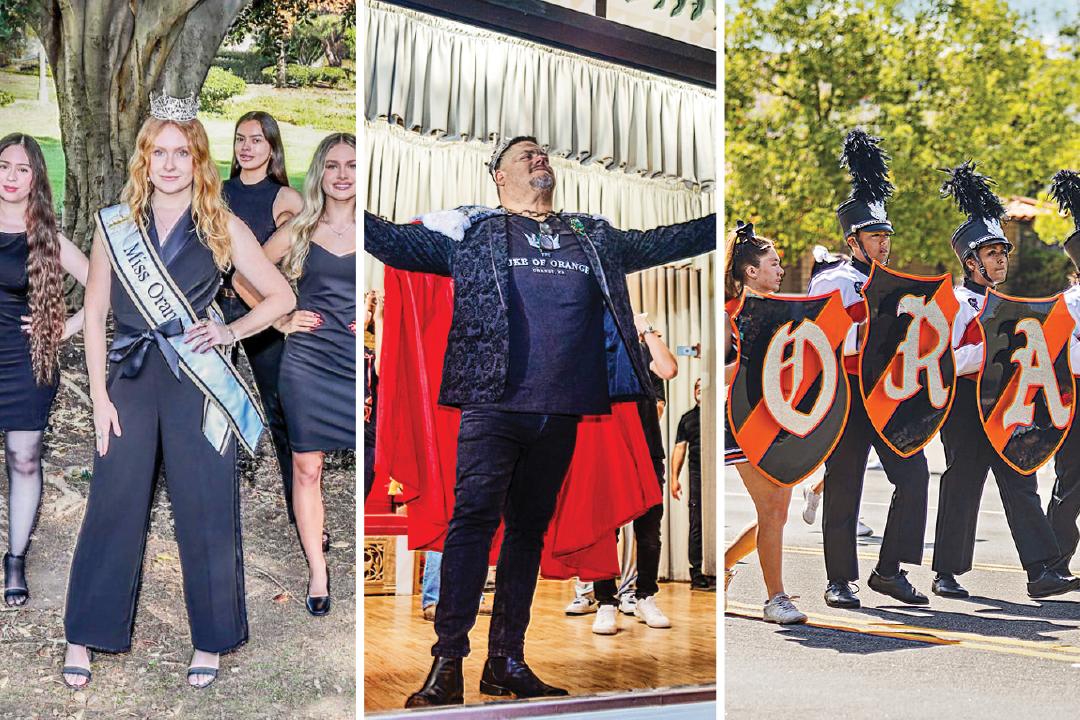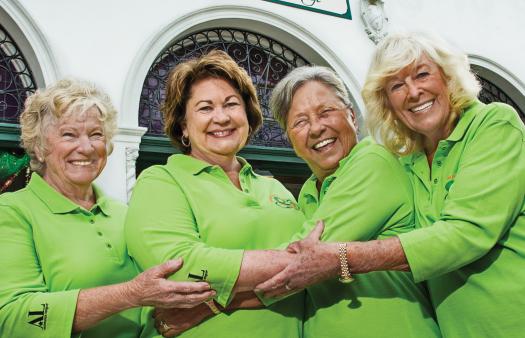
Syrentis Clinical Research
Almost 6 million Americans live with Alzheimer’s disease, and researchers at a Santa-Ana based medical facility are dedicated to finding a cure. Syrentis Clinical Research conducts hundreds of clinical trials that test medical strategies and treatments. The facility’s main research focus is on Alzheimer’s and dementia. They also study conditions such as depression, anxiety and ADHD.
Due to COVID-19 restrictions, the researchers at Syrentis have had difficulty recruiting new volunteers for their studies. The clinical trials are safe and confidential and essential for furthering medical knowledge for a variety of diseases and conditions.
“If it weren’t for volunteers, new and important drugs and medicines would never be approved by the FDA and never come to market,” says John Gregory Duffy, MD, President of Syrentis Clinical Research. “It takes a lot of good people volunteering for these studies to find out how well these medications work and how safe they are.”
For Alzheimer’s and dementia research, there is still so much work that needs to be done. Duffy and his team have conducted more than 100 clinical trials specifically for memory loss diseases, but there has not been a new FDA-approved medication in more than 17 years.
Currently, hospitals and major universities that would usually oversee clinical trials are overrun with COVID patients and are turning to smaller facilities like Syrentis for help. As a result, Syrentis’s biggest challenge is finding volunteers.
“We’re doing everything we can to raise awareness. It’s more important than ever to advance Alzheimer’s research,” says Lorrie Bisesi, PhD, Vice President and Director of Clinical Operations. “There are millions of people living with Alzheimer’s, and we need to spread the awareness to find these volunteers.”
Duffy bought the facility in 2013 when it was under the name Apex Research Institute, renaming it Syrentis. Since then, he and his team have shifted the focus to Alzheimer’s and dementia studies, but they still conduct dozens of other trials, including studies analyzing Tourette syndrome and cardiovascular and dermatological issues.
Prior to Syrentis, Duffy worked as a geriatric psychiatrist, learning the ins and outs of Alzheimer’s behavior and medications. “I was asked to see patients with dementia and memory disorders, and I became somewhat of an expert at treating that population,” says Duffy. “I love working with the geriatric population. We get to meet people with incredible stories and life experiences.”
Through the clinical trials, Duffy and his team aim to find a disease-modifying treatment for Alzheimer’s and memory loss disorders, rather than just a series of short-term fixes.
“Our goal is to find a treatment that will actually go into the brain and either undo damage or prevent further damage,” he says. “That way we can consider having what is called a cure for Alzheimer’s rather than just treating it.”
The clinical trials provide more than just a way to further medical research. The studies involve anyone from healthy volunteers to those experiencing severe memory loss symptoms, as well as people who may have high risk factors for developing Alzheimer’s.
“We encourage anybody, whether they’re having cognitive issues or have family history, to call us up,” says Bisesi. “You’ll get a free memory evaluation that will include memory testing, and results will be discussed with a physician.”
For Harlan Comee, a Syrentis volunteer whose wife has Alzheimer’s, the studies have given him a chance to learn about treatments and enhance scientific research. Comee serves as his wife’s caregiver and clinical study partner, attending her trials and providing support.
“I’m contributing to science, and while I may not see the benefit of what we’re working on, my grandchildren and future generations might,” he says. “We need to stand up and help in any way that we can.”
For patients like Comee and his wife, Syrentis acts as a beacon of hope. The clinical trials create a community where caregivers have someone to listen to their concerns and frustrations, and patients receive personalized care and suggestions.
“Our patients look at the clinical trials as a bright spot in their lives, and we consider them to be family,” says Duffy. “I’m impressed by how resilient our patients are, and how when faced with the challenge of memory loss, they serve as volunteers to better other individuals.”
To learn more about volunteer opportunities or to set up a confidential consultation, visit www.syrentis.com, or call the team at 714-542-3008.



